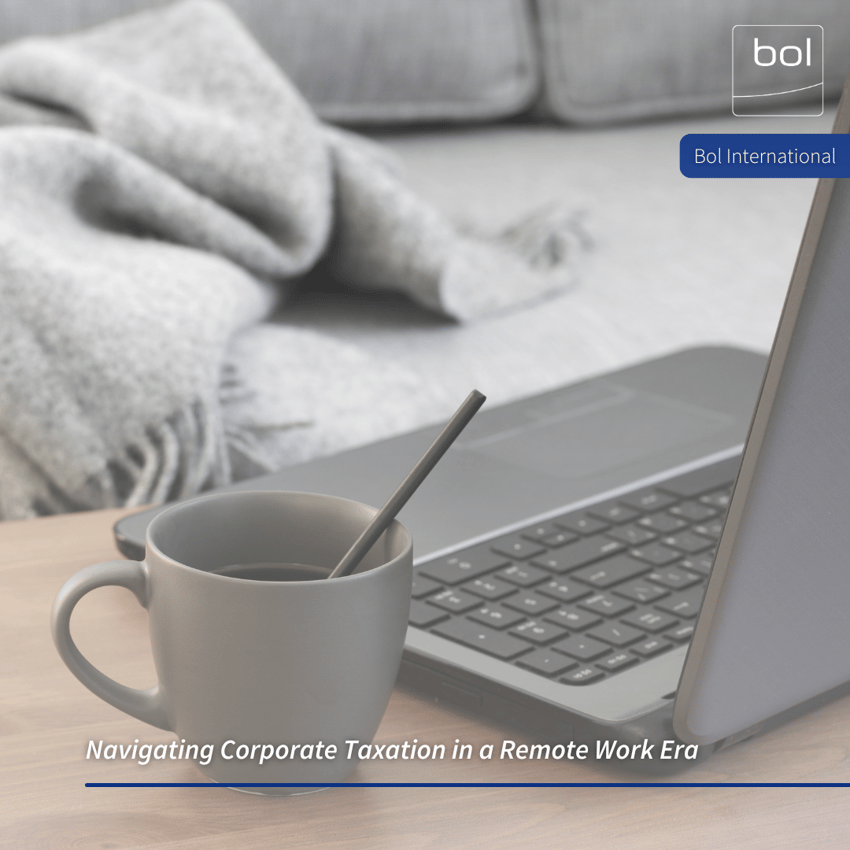Corporate Taxation in a Remote Work Era: Insights for International Employers
Kevin Smit |
As the war for talent continues, employers are widening their view and looking for staff outside their own jurisdiction. Flexible terms are being negotiated and ‘work from anywhere’ policies are increasingly being implemented. Especially after Covid-19, employers and employees seem to have embraced working from home. Typically, the first items that would come into mind involve the employment itself; wage/personal income tax, social security, and employment law.
However, the company’s exposure to corporate taxation is often overlooked. This may lead to additional risks, such as paying corporate income tax on profits that can be allocated to another jurisdiction.
Understanding Permanent Establishment: A Key Tax Consideration
Central to this issue is the concept of a permanent establishment (PE). A PE is a significant presence that triggers tax obligations in a foreign jurisdiction. While the definition is widely accepted, each country may have its own criteria for determining a PE.
Factors to Consider: Assessing Permanent Establishment Risk
Factors such as the existence of physical offices, the nature of activities performed, and the duration of presence are key considerations. Importantly, even remote work conducted from a home office may constitute a PE under certain circumstances.
Jurisdictional Variances: Insights from International Agreements
Recognizing the importance of clarity in this area, the Netherlands and Belgium have established agreements to provide guidance for employers. However, approaches vary across jurisdictions. Germany, for instance, generally views home office activities as not constituting a PE.
Conclusion: Proactive Measures for Employers
These international developments underscore the importance of carefully assessing the implications of remote work arrangements across different jurisdictions. While a PE should not necessarily deter cross-border employment, it's crucial for employers to understand and address this aspect to avoid potential pitfalls.
In conclusion, as the landscape of talent acquisition evolves, employers must navigate the complexities of international taxation. By proactively assessing their situations and seeking guidance where necessary, employers can mitigate risks and capitalize on the opportunities presented by a global talent pool.
In case you have any further questions after reading this article, feel free to contact us.



